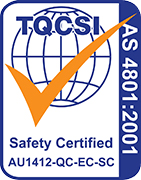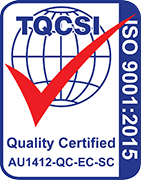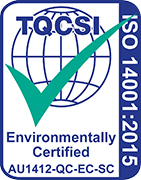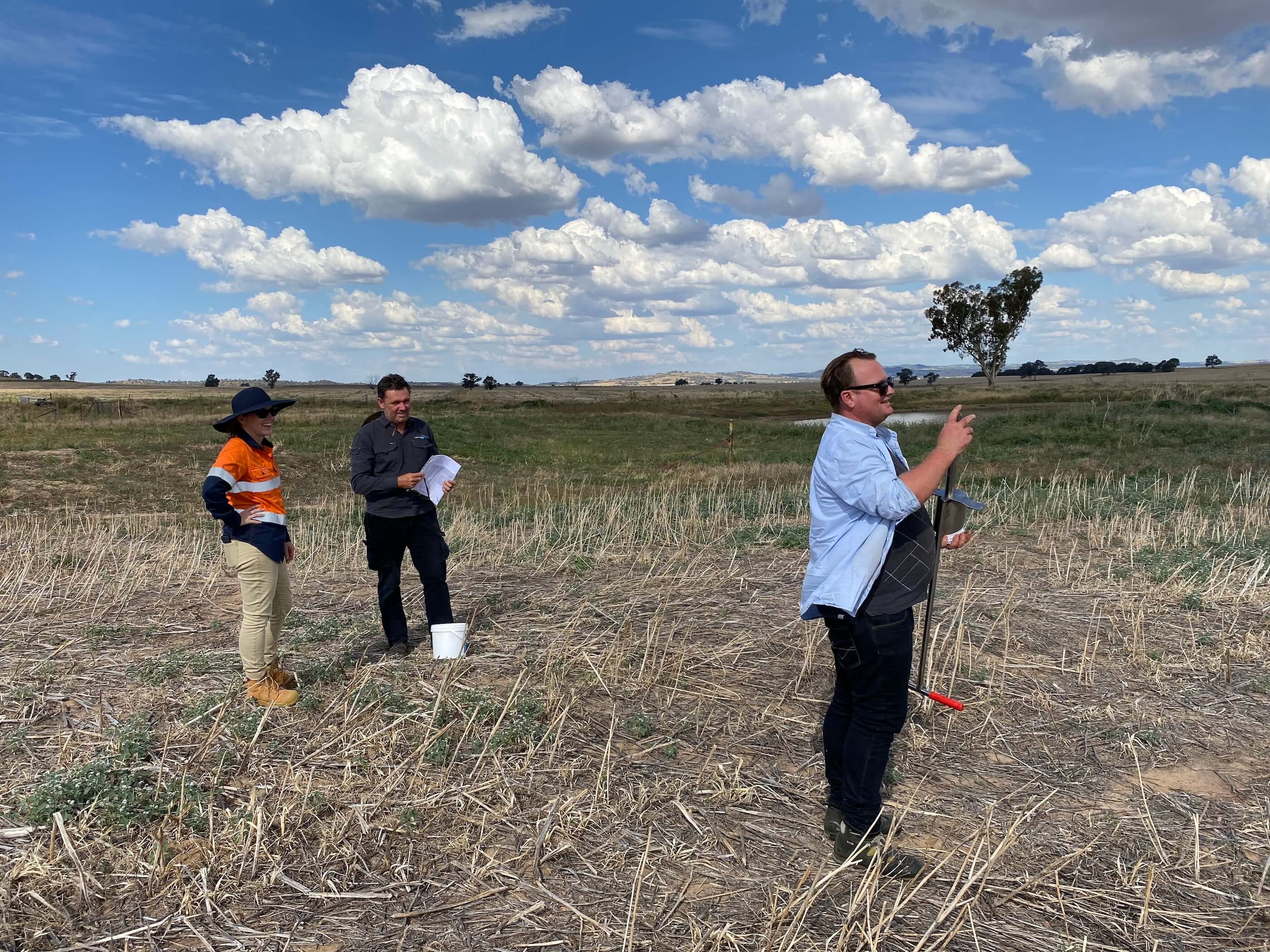
The Water & Carbon Group’s Distinct Approach to Carbon Projects
By Scott Jardine, Technical Lead – Carbon & Natural Capital
25 January, 2024
With a rich history spanning 15 years, the Water & Carbon Group (WCG) has been at the forefront of environmental planting and engineering solution projects. Our expertise, and our passion for what we do, lies in consistently delivering cost-effective environmental solutions that not only meet the project brief but also showcase innovative approaches to sustainability.
The ACCU Scheme and methodologies
The Water & Carbon Group applies an innovative approach to design and implementation of projects under the Australian Carbon Credit Unit (ACCU) Scheme. Since its inception in 2011 as the Carbon Farming Initiative, subsequently evolving into the Emissions Reduction Fund and now ACCU Scheme, this framework has provided prescriptive methodologies to guide the quantifiable capture and storage of emissions stemming from industrial and land-based practices. This has created a context where ACCUs are now positioned as among the highest integrity carbon credit units in the world.
The methodologies integral to the ACCU Scheme need to seamlessly interact with legislation, specifically the Carbon Credits (Carbon Farming Initiative) Act 2011 and the Carbon Credits (Carbon Farming Initiative) Rule 2015. However, navigating these legal frameworks is no walk in the park. The language is anything but plain English – an aspect that may not come as a surprise, considering terms like ‘Methodologies’ are par for the course.
There are aspects of the methods that are incredibly prescriptive and other areas where the language attempts to be so all-encompassing it can appear vague. The challenges arise when the language and intention of the legislation have led to parts of the Scheme being questioned, as seen in the Chubb Review of 2022. This review brought to light instances where aspects of the Scheme have faced scrutiny, accusing some industries of greenwashing, engaging in questionable accounting practices, and misrepresenting practices to exploit the system.
“At WCG, we are unashamedly enviro-tragics. Recognising that questionable accounting practices won’t save the world from the climate crisis, we are dedicated to ensuring that the projects we deliver not only align with regulatory requirements but genuinely contribute to the goal of combatting climate change and deliver real benefit to the client."
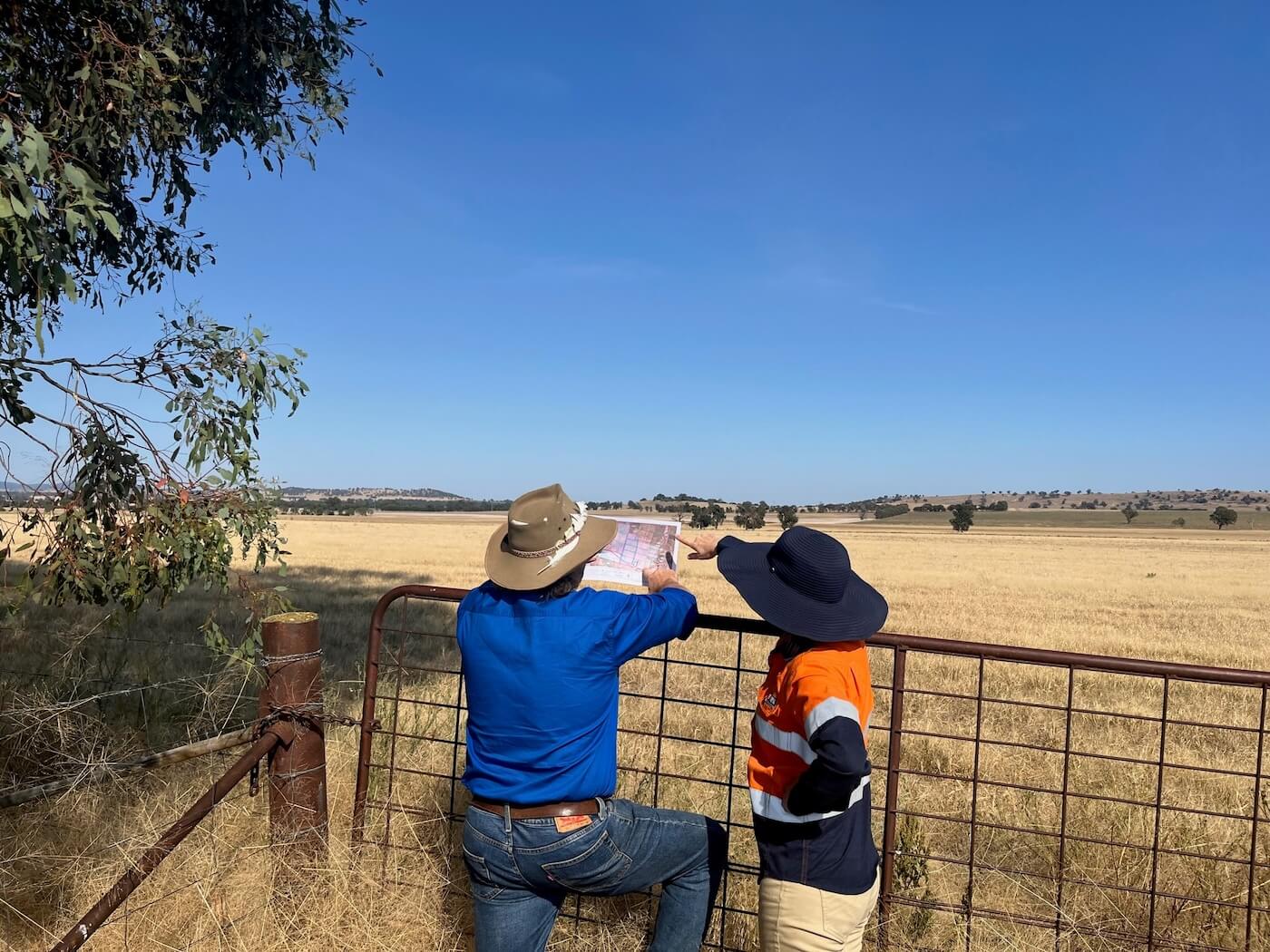
How do we ensure the success of our projects?
Choosing the Right Place: Applying a range of analyses to whole-of-state and whole-of-country spatial data, we have developed reliable models to identify sites with high reforestation yield capacity, both with regard to site eligibility and capacity to sequester high volumes of carbon. Our spatial analysis allows us to rapidly assess a site’s likelihood of delivering a successful project, including identifying potential risk factors such as soil characteristics, moisture risks (flood, drought and seasonal moisture availability), and fire risks.
Adopting the Right Style: Our Carbon and Natural Capital team has extensive experience in planting and design, including ecological, wetland, urban, and farm reforestation. This diversity allows us to draw on a wide range of planting styles, tailoring our approach to best suit the unique characteristics of each project site. Whether the end goal is to develop a planting that strongly resembles the pre-clearing ecosystem, to support a particular habitat purpose, or to improve the functionality of underutilised areas of a productive farming property, we work to develop cost-effective and functional solutions.
Cultivating the Right (Plant) Community: The ACCU Scheme methods set some requirements for selecting suitable plant species and density, restricting eligibility to certain native or plantation tree species. At WCG, we recognise that drawing from the pre-clearing vegetation community provides a strong guide to what can and should be growing on the site. Our designed plant communities incorporate species from relevant pre-clearing tree species, complemented by appropriate shrub, grass, and herb species tailored to fit the land, the wildlife, and the people interacting with the site.
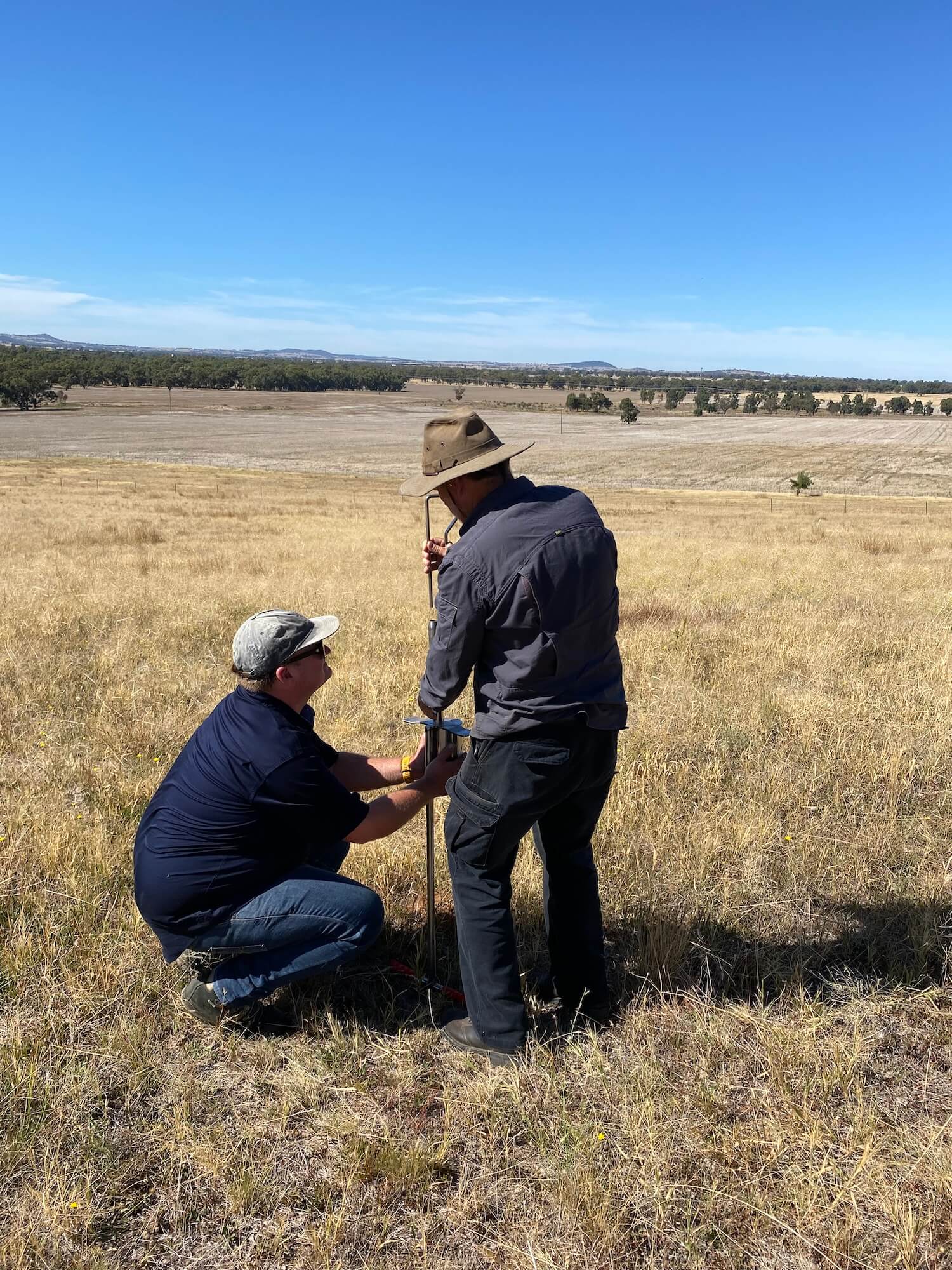
Ensuring high integrity, feasibility, and credibility
We’ve all encountered instances in environmental projects where the path forward seems uncertain. Murky goals, a scent of greenwashing in the air, or questionable modelling. We’re not keen on that. At WCG, we are committed to avoiding such uncertainties and we’ll do all we can to avoid a project getting to a point where so much has been invested that it feels too difficult to pull the pin.
Our approach involves doing the hard yards and analysis up front and we prefer to work with methodologies that are considered high integrity, such as:
- Reforestation by environmental or mallee plantings (FullCAM)
- Reforestation and Afforestation 2.0
- Plantation forestry method
- Tidal restoration of blue carbon ecosystems method
- Soil carbon – using default values or measurement and models
Additionally, we want to make sure that projects uphold high integrity and rigour concerning community, Traditional Owners, and biodiversity. We diligently verify that claimed co-benefits are real, quantifiable, and wherever possible, tangible.
“Clarity is key when it comes to co-benefits, and we ensure that these are clearly articulated, are measurable, and recognisable by the parties receiving them. The significance of this approach becomes apparent in its alignment with co-benefit verification processes, both within Australia and internationally."
There is also work underway to ensure that verified co-benefits can be attached to the associated ACCUs, allowing for high integrity ACCUs to trade at a premium. This alignment also anticipates the forthcoming legislation of the newly passed Nature Repair Bill 2023. This means that projects with well-articulated and defined biodiversity co-benefits will be ready to register once the Australian Nature Repair Market begins issuing certificates.
In a landscape where verification, premium ACCU pricing, and tradable Nature Repair Certificates combine, co-benefits have the potential to substantially offset project costs and more than pay for themselves.
We have a steadfast commitment to excellence, integrating innovation, integrity, and co-benefits into our carbon projects, ensuring projects that withstand scrutiny and fulfill environmental promises. As we forge ahead, we're anticipating legislative changes and many opportunities for our clients.
Contact Us
To drive positive change in your business and reduce emissions we are here to help with your carbon project. Contact Callum Howell, Carbon and Natural Capital Manager, and visit our Carbon page for more details.

